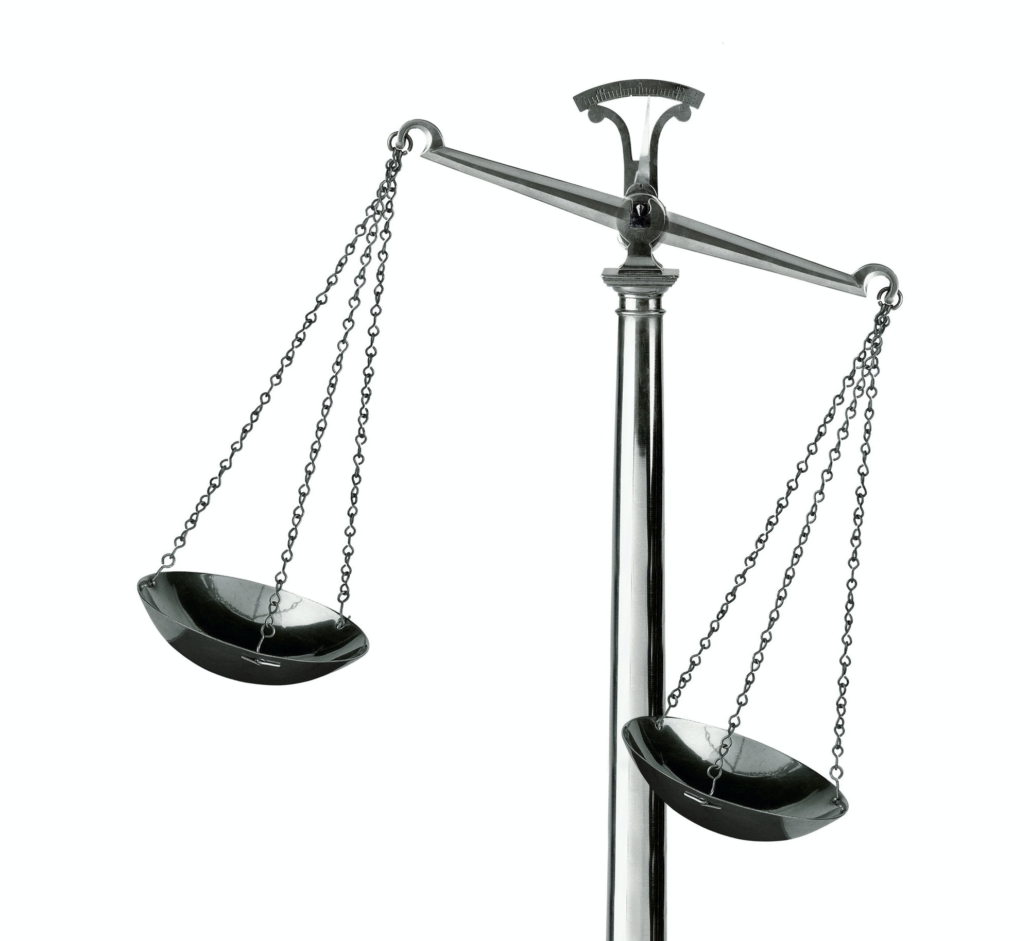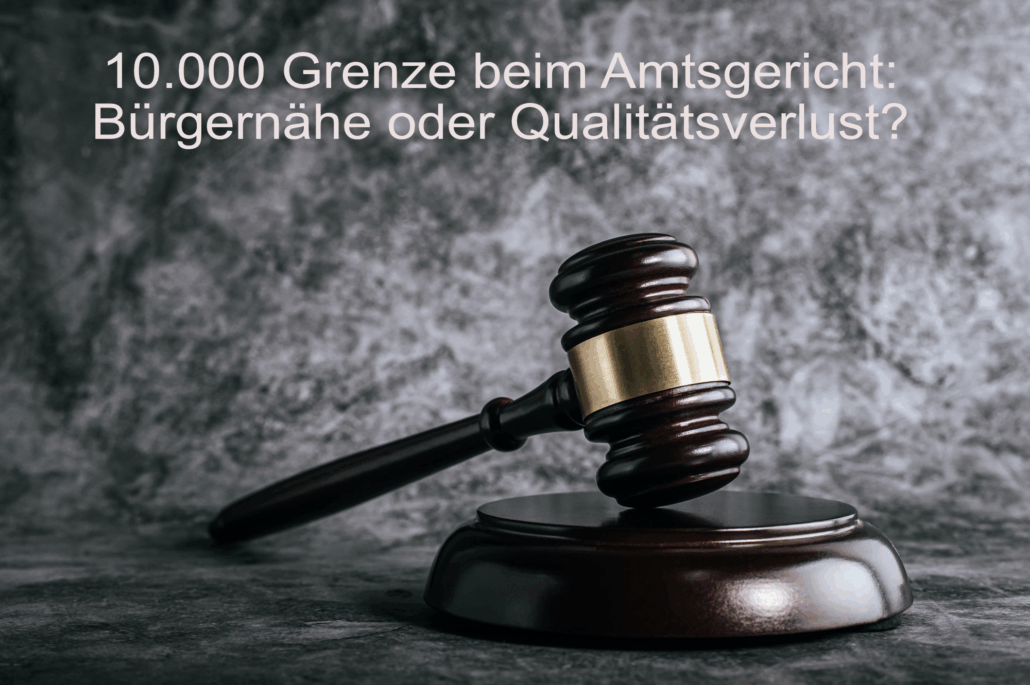ZPO guide: Submission of evidence after the taking of evidence
/in Nicht kategorisiertLEGAL+ NEWS

The Federal Court of Justice generally sets strict requirements for the existence of the prerequisites for a rejection of a party’s submission due to delay.
In a case of practical relevance, an appellate court had conducted a taking of evidence and then, as is customary, granted the parties a certain period of time to comment on the results of the taking of evidence. Within this period, the party providing evidence referred to a witness who had not yet been named. The court of appeal wrongly disregarded this request for evidence and wrongly ruled that it was late, as the BGH found in its decision of March 23, 2021 (case no. II ZR 80/20). The reason for this is that the opportunity to comment on the results of the taking of evidence is tantamount to an indulgence in pleadings, thereby postponing the conclusion of the oral hearing.
The judgment
The BGH stated:
(…)
Article 103 (1) of the Basic Law obliges the court to take note of and consider the submissions of the parties to the proceedings. In this sense, Art. 103 Para. 1 GG in conjunction with the principles of the Code of Civil Procedure requires the consideration of significant requests for evidence. The non-consideration of a significant offer of evidence violates Article 103 (1) of the Basic Law if it is not supported by procedural law (established case law, BGH, decision of October 20, 2020 – VII ZR 577/19, NJW-RR 2021, 58 marginal no. 9 with further references).
The Court of Appeal was not permitted to reject the defendant’s request to take evidence from his wife as a witness pursuant to Section 296a ZPO.
Contrary to the opinion of the Court of Appeal, the defendant did not submit the request for evidence after the conclusion of the oral hearing. The Court of Appeal also gave the defendant the opportunity to comment on the taking of evidence and granted a deadline for written submissions, which the defendant complied with. By granting a deadline for written submissions, the conclusion of the oral hearing is extended for the affected party with regard to the admissible reply until the deadline expires (see BGH, judgment of April 21, 2015 – II ZR 255/13, NJW-RR 2015, 893 para. 12).
The timeliness of the request for evidence cannot be called into question because it would have been an inadmissible submission with regard to the time limit. The right to comment on the result of the taking of evidence also includes the right to submit new requests for evidence (BGH, judgment of October 25, 2013 – V ZR 147/12, NJW 2014, 550 marginal no. 25 with further references).
The considerations of the Court of Appeal that the defendant was obliged to submit his request for evidence earlier are irrelevant. These statements are irrelevant for the requirements of Section 296a ZPO . The extent to which these circumstances can justify a rejection of the submission of evidence on the basis of other preclusion provisions (§ 531 Para. 2, §§ 530, 296 Para. 1, § 525 Sentence 1 in conjunction with §§ 282, 296 Para. 2 ZPO) does not need to be decided here. §§ Sections 282, 296 (2) ZPO), no decision is required here because the Federal Court of Justice, as the appellate court, is prohibited from basing the rejection on provisions other than those applied by the lower court (BGH, default judgment of February 22, 2006 – IV ZR 56/05, NJW 2006, 1741 para. 12; decision of March 21, 2013 – VII ZR 58/12, NJW-RR 2013, 655 para. 11).
(…)

My rating:
The judgment must be upheld, as the assumption of delay has far-reaching consequences for the party concerned. In the present case, the Court of Appeal’s reasoning for the assumed delay was not supported by the Code of Civil Procedure. The BGH did not have to decide on other grounds for delay that the Court of Appeal had not taken into consideration.

LATEST ARTICLES

Up to €10,000 before the local court: why it goes wrong
Up to €10,000 in the local court – a mistake with an announcement. The planned reform of the amount in dispute will shift masses of proceedings from the regional courts to the local courts. Sounds like a relief – but will have the opposite effect.

Contract law: Stuttgart 21 and the speech clause – a lesson in clear contract drafting
Sometimes a single sentence decides billions. This is exactly what happened with the Stuttgart 21 project. At the center of the legal dispute was a short contractual provision – the so-called “speech clause”.

Breach of an international jurisdiction agreement can result in liability for damages! – On the ruling of the BGH from 17.10.2019 (Ref. III ZR 42/19)
International agreements on jurisdiction, especially if they are to have exclusive validity, generally have the purpose of protecting the party benefiting from the agreement from the often very considerable costs of a legal dispute in a foreign country.
Unfortunately, however, it is not uncommon for the other contracting party to suddenly no longer want to know about the jurisdiction agreement in the event of a dispute. The background to such a dishonest approach is – obviously – not least the potential for blackmail associated with such an approach. This is because the party that finds itself – in breach of the jurisdiction agreement – exposed to a foreign lawsuit is regularly forced to take action abroad through lawyers in order to avoid legal disadvantages. This in turn is often very expensive, with the USA being the most prominent example.
CONTACT

+49 (40) 57199 74 80
+49 (170) 1203 74 0
Neuer Wall 61 D-20354 Hamburg
kontakt@legal-plus.eu
Benefit from my active network!
I look forward to our networking.
